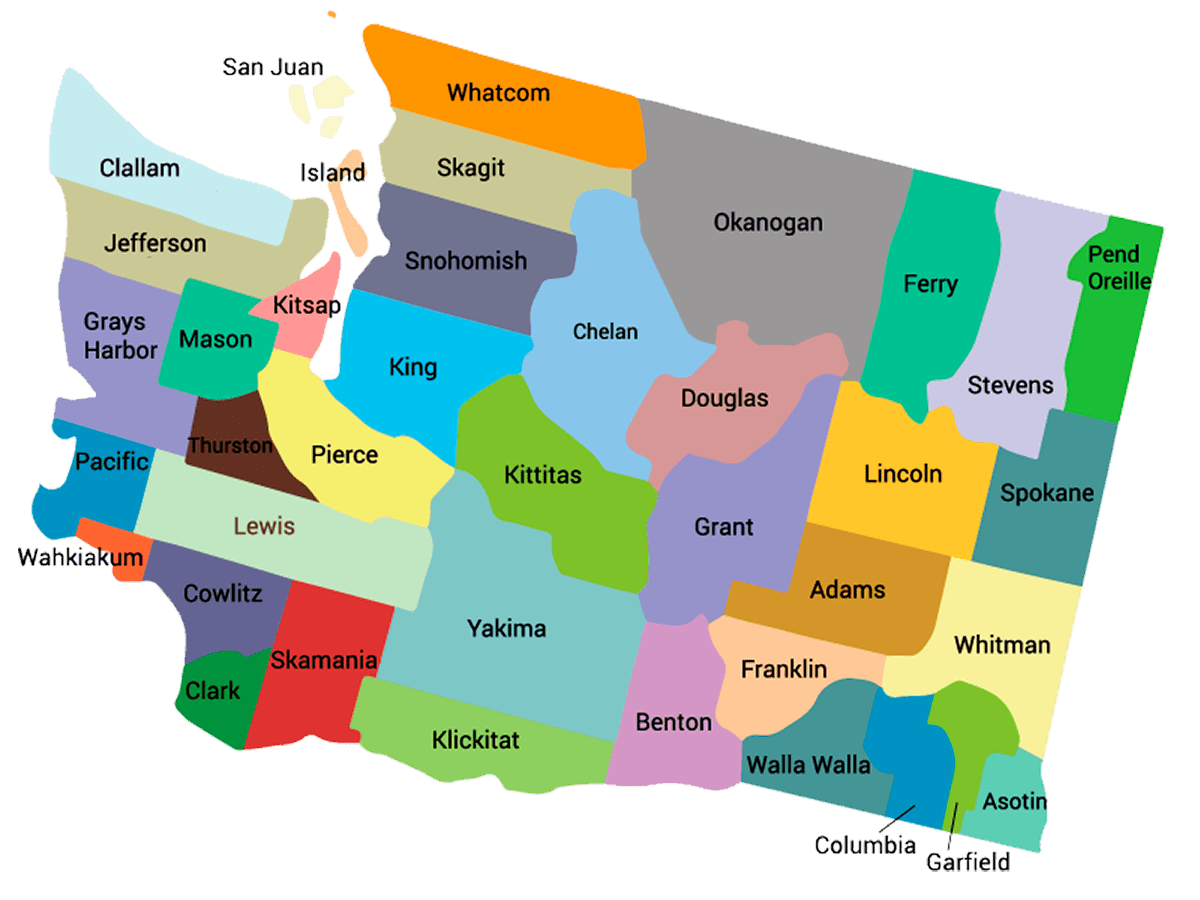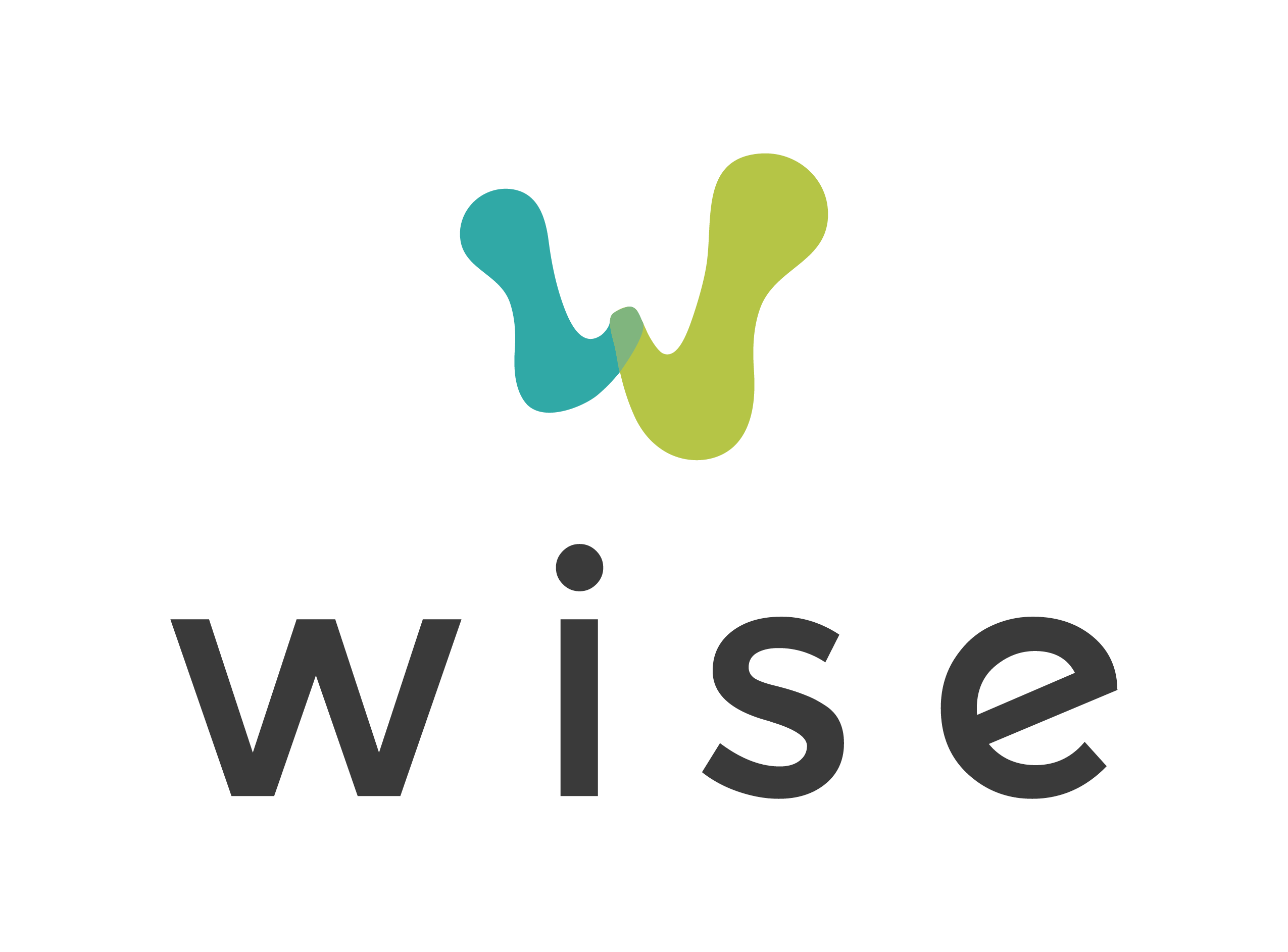Job Foundation & Transition Community of Practice
Job Foundation is an effort to engage students earlier in targeted employment planning and connection to the adult service system. Community-based employment providers will use their expertise to gather important foundational information about skills and supports needed for a job. They will work in partnership with school staff to leverage vocational, academic, and life skill preparation being done in the schools on behalf of the individual student. The intent is that with a completed Job Foundation, a student and their team will have an actionable next step for employment. The employment provider will be ready to serve the student through DVR in either a Community Based Assessment or job placement plan in their last year of school. Students are asked to commit to stay in school to continue skill development, access school resources, and be eligible for the SSI student earned income exclusion if they get a job. The ultimate goal is more students complete transition programs with a job or secondary education connection.
Upcoming Community of Practice Dates
March 27: Report Writing
May 22: County Partnership with Schools
All live sessions will take place from 3-4:30pm PST
Blank
Role of the Student
- Explore employment opportunities that best match gifts, interests, and talents
- Self-advocate as it relates to employment goals and services
- Actively participate in service and follow thru with appointments/assignments
- Ensure appropriate work readiness: hygiene, appropriate dress, timeliness, etc
Role of the Parent & Family
- Complete application for Job Foundation
- Choose Qualified Provider (in collaboration with the student)
- Be a resource in the development of the Job Foundation report
- Support student in development of employment goal and pathway to achieve it
- Engage students in responsibilities at home
- Follow through with required referrals
- Commit to identifying reliable transportation for post graduation community activities
- Support work readiness: hygiene, appropriate dress, timeliness, etc.
- Support student with completing assignments and reinforcing skills
Map of Services in WA State

Blank
IEP Case Managers and School Staff
- Confirm or refer for DDA eligibility.
- Communicate with DDA-eligible students and families about the Job Foundation opportunity and process.
- Facilitate access to educational and health records (with written authorization) and observation of participating student.
- Ex.: in-person instruction, online classes, work sites, community access, etc.
- Coordinate with employment providers to schedule observations of the student participating in various transition activities (life skills, work sites, internships, etc).
- Meet with employment providers to share information about the student's learning style, what supports have been successful, general knowledge and ideas about the student related to community/employment.
- Active participation in implementation of Job Foundation recommendation as appropriate and consistent with the IEP.
School and District Administrators
- District partners can support information sharing about Job Foundation with students, families, and school staff.
- School districts can facilitate provider access to educational and, as appropriate, health records, in line with local safety policies and procedures, including signed release of authorization from families.
- Communicate to staff that participation in Job Foundation is driven by individual student and family choice.
Blank
Outreach
- Identify students entering their second to last year of school
- Utilize ADSA Web Access (AWA) to identify Transition students lists (See County Best Practices Website - AWA User Training Manual)
- Communicate with eligible students and consider the following best practices for outreach so families get the information.
- Developmental Disabilities Administration (DDA), Division of Vocational Rehabilitation (DVR), Schools/School District partners, Parent Coalition Coordinator, local Parent 2 Parent (P2P) groups, Educational Service Districts
- County planned Transition Fairs
- Transition Councils or other groups/activities focused on transition
- Individual meetings
- Educational Service District meetings/trainings
- School Resource Fairs/Informational Events
- Family/Parent Coalition Meetings
Application/Intake process for Job Foundation
- Develop Job Foundation Application (sample template on DDA County Best Practices Site)
- Refer Job Foundation applicant to identified employment providers
- Notify identified DVR contact of students participating in Job Foundation program
Select Qualified Employment Provider(s)
- Please note this is a 2-year project
- Employment Provider qualifications
- Must have a current DVR contract
- A minimum of 2 years experience providing individual employment services (exception can be made at the County level with notification to DDA)
- Demonstration of job placement in the last two years
- Percent of individuals served by the employment provider that are employed must be provided
Identify Local Partners
- Teachers/paraeducators
- DVR Counselors
- DDA Case Resource Managers (CRMs)
Job Foundation Materials
- Job Foundation Guidelines
- Job Foundation Report Template
- Community Based Assessment Guidelines
- Job Foundation Quality Review Tool
- WISE trainings: On-Demand and In-person: Wise Learning Center
- Monthly County mentorship meetings
- Individual Technical Assistance to support individual student needs if other funding resources are not available, i.e. Schools, DVR, Student's DDA waiver
- Agency Technical Assistance for providers needing to ramp up or capacity development
Data Collection and Monitoring
- County Developmental Disabilities developed spreadsheet to track provider monthly hours and report billing
- Track provider progress on Job Foundation activities/reports
Billing
- Ensure funds are included in county contracts
- Determine payments to providers for Job Foundation Reports, i.e. milestone, outcomes, or monthly payments
- Bill AWA per provided DDA instructions for satisfactorily scored and submitted reports
- Partial payments may be approved by DDA
Blank
Building School Partnership
- Build a strong relationship with local teachers and para-educators for observation opportunities.
- Respect the knowledge and expertise of all school staff and the student's support team.
- Identify who knows the students best.
- In addition to the teacher, there are support staff who spend the entire day with the student and can be a wealth of information (learning style, preferences, communication, effective supportive strategies, etc.), also Speech Language Pathologist, behavior tech, etc.
- Understand the school schedule and how the teacher wants to communicate and coordinate observations; communicate regularly; ask before visiting; ask about meetings to join (IEP)
- Find out about best opportunities for observation: internships, specific lessons, outings, etc.
Observations/Interactions
- Employment providers will use in-person observations of school activities and interactions with school staff and family to gather much of this information (such as internship sites, life skill classes, community outings, Individual Education Plan (IEP) meetings, etc.).
- Engage families in the process and development of the Job Foundation report and recommendations.
- A minimum of FIVE separate face-to-face interactions in typical integrated environments is considered best practice.
- These are individualized services.
- Each time together will vary from ONE to SEVERAL hours.
- For some students, sufficient information can be gathered from these sources so the Job Foundation report will prepare them for a DVR Job Placement plan.
- For other students, a Community Based Assessment (CBA) will be the necessary next step to gain accurate information about the person's skills and supports.
Develop Recommendations
- Actionable next steps for each skill area that will help students be successful in interviewing, learning, and maintaining a job in the community.
- Providers should have specific conversations with school staff and together identify any skill development/training that could be done during the school day(such as practicing alpha filing or using a communication device) to build on their vocational preparation.
- If the employment provider and school do not have the skilled capacity to provide technical supports (communication, behavior), recommendations should include a list of entities that will be contacted for that support, including technical assistance or training.
- This would be an area to include what supports and resources are needed for success in future job placements, including consideration of the student's cultural or linguistic background.
Referrals
- Division of Vocational Rehabilitation (DVR)
- Social Security Administration for Social Security card and application for Social Security disability benefits
- State ID
- Bank Account
- Transportation Options
- Birth Certificate
- Confirm DDA Status
Quality Report Considerations
- Think about handing this off to a staff who can jump into next steps.
- Job Foundation Guidelines will help ensure a thorough report.
- The guidelines have CLEAR expectations
- Connect with families, learn what the student does at home or in community.
- Don't leave anything blank. Use N/A if applicable.
- Utilize the DDA Job Foundation Quality Review Tool for quality assurance before submitting to the County as it must be a satisfactory score or higher to be paid.
Completed Report
- Review the report with the student's team to get input.
- Take a team approach to recommendations and next steps.
- If the student is ready for a job placement plan with DVR, state general ideas for the type of work to pursue.
- If the student will need more time in community-based settings for identifying their skills and interests, need independent living skills or technology assistance, discuss those options with the VR counselor.
Blank
Participate in Outreach
- Participate in DDA, DVR, Schools, Parent Coalition, ESD, County, etc., planned Transition Fairs.
- Participate in Transition Councils or other groups/activities focused on transition.
- Individual meetings.
- ESD meetings/trainings.
- School Resource Fairs/Informational Events.
- Family/Parent Coalition meetings.
Student Referrals
- List of JF eligible students provided by County Coordinator to DVR Supervisor/contact is assigned to appropriate DVR school liaison VRC (Vocational Rehabilitation Counselor).
- Referral/recommendations from schools are directed to the County.
- Referrals from selected provider are confirmed with the County for enrollment.
Application/Intake Process for JF Students
- Refer Student/family to County Coordinator for application/questions.
DVR Process: Getting Started - Accept all JF Students
- Complete intake/application with student/family.
- Assist student/family with Provider selection if not yet identified or desire to change.
- VRC may participate in the Person-Centered Planning process and IEP's when invited.
- VRC supports student's application to Social Security.
- VRC available as a resource in completion of Job Foundation report.
- Provide services to support student such as Assistive Technology, Independent Living (IL) Services.
- Information from the Job Foundation report will be used to develop student's employment goal and help determine what services are needed for employment success.
- County approves reports.
- County provides completed and approved report to student's VRC.
- Job Foundation report typically replaces Community Based Assessment report, including the School to Work (STW) Assessment report.
Blank
JF Information and Outreach
- Discuss JF opportunities prior to second year of transition services.
- Refer interested students to the County for application and additional questions.
- Support the Job Foundation team and process, as needed.
Future of Employment
- Support "All means ALL" regarding employment opportunities.
- Discuss employment goals at assessments prior to exiting K-12.
- Encourage participation in the school transition services.
- Ensuring families understand the importance and implication of applying for SSI and follow-up with families to ensure they apply for SSI at age 18.
Recent Training Recordings:
Job Foundation Animation
Click the down arrow below to select the animation video in another language.
Job Foundation & Transition Community of Practice Recording Archive
Materials / Handouts
*For more training content on Job Foundation, check out the Job Foundation specific learning path in the Wise Learning Center. Note that you must have an account in the learning center to access these trainings. Click here for more information on how to join the Wise Learning Center.
